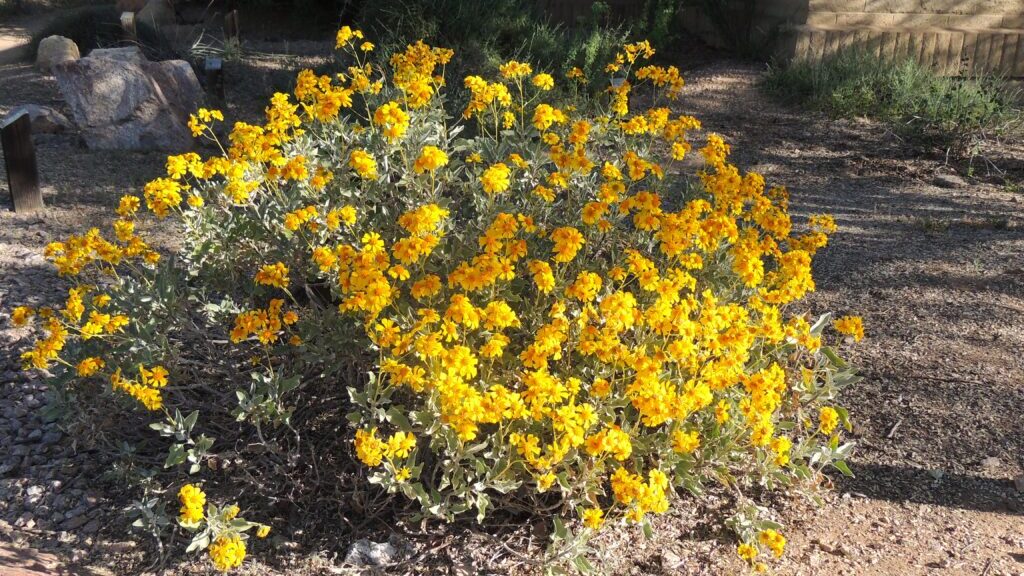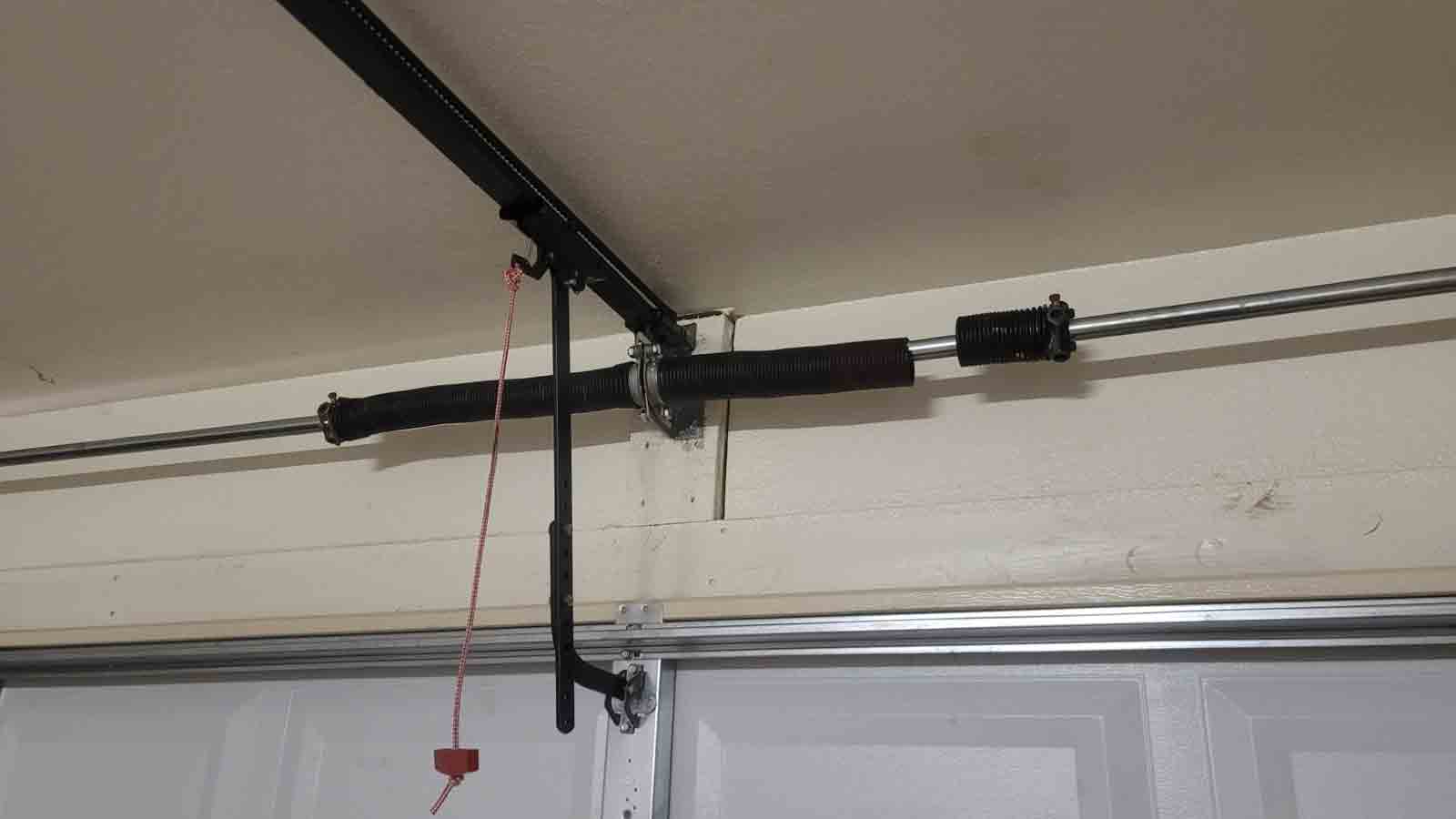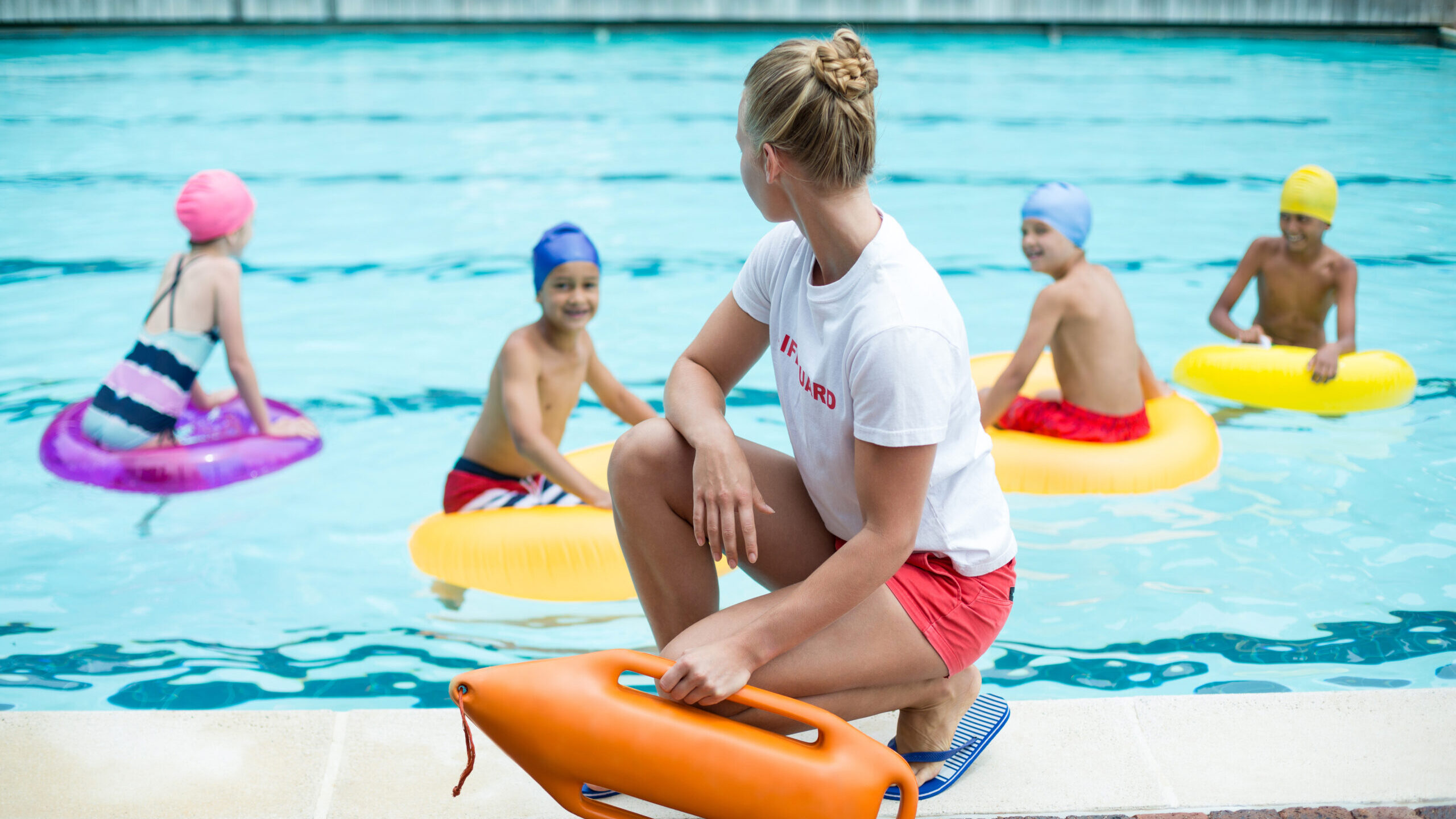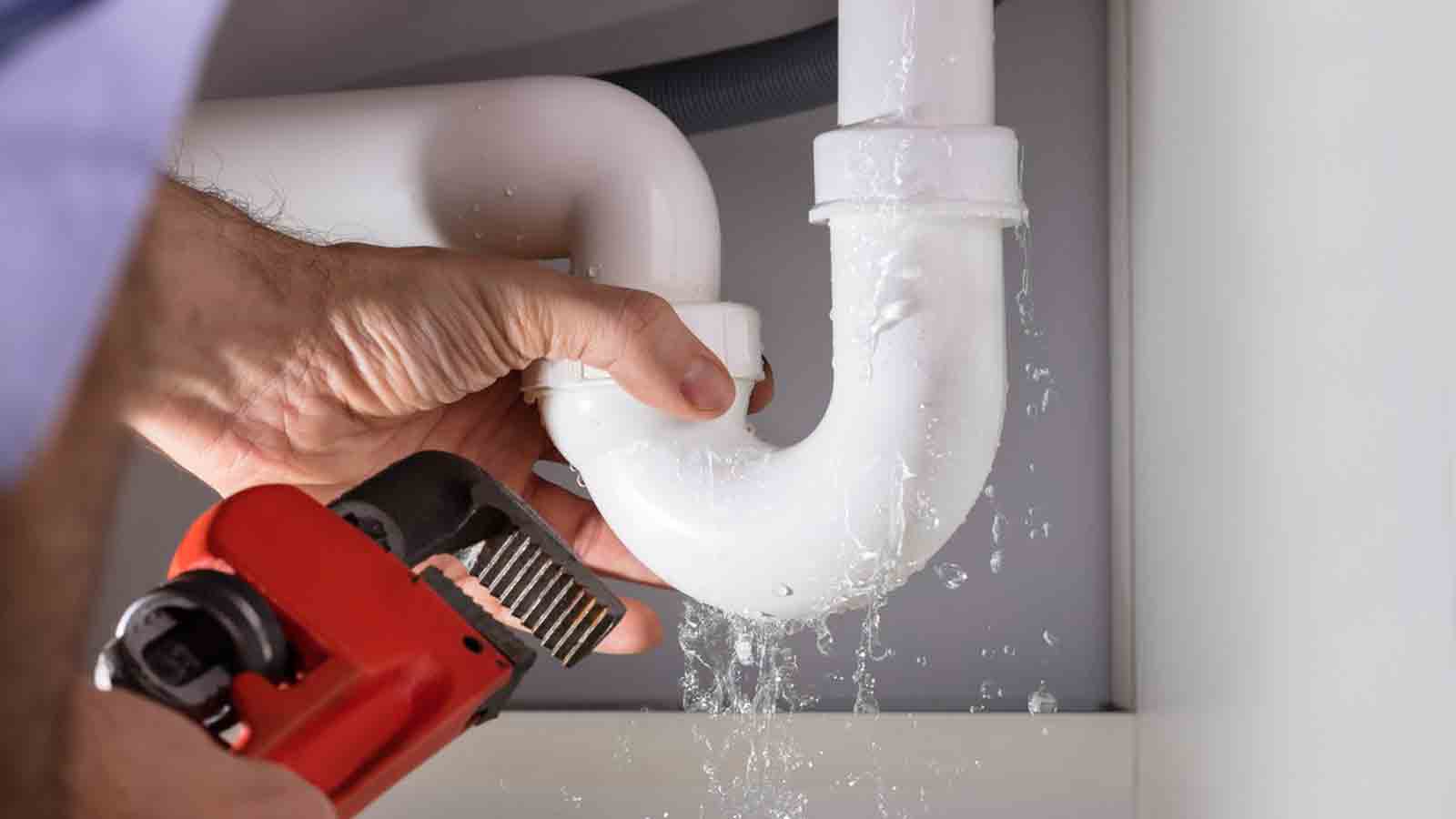Here’s how to decrease your household water consumption
Aug 6, 2020, 2:45 PM

(Shuttershock Photo)
(Shuttershock Photo)
From bathing, laundry, dishes, landscaping, cooking, and other activities, have you ever thought about how much water you use on a daily basis? According to Water Use It Wisely, the average individual in Arizona uses 120 gallons of water per day. Wow! That is a lot of water consumption!
“If everyone in Phoenix cut their annual water usage by 10 percent we would save enough water for a city of approximately 75,000 people for a whole year,” said Athena Sanchez, Public Information Officer, Phoenix Water.
She went on to say that Phoenix’s residential gallons per capita per day (GPCD) use of water has fallen roughly 30 percent over the last twenty years. Phoenix customers are using less water than in 1995, despite adding 400,000 residents to our population.
There are many small adjustments that won’t negatively affect your day-to-day routine yet can have a large, positive impact on the amount each individual in your home uses daily.
Quick Actions
The first step in decreasing your water usage is to understand how your household consumes water. Pull your water bills from the past six months for comparison. If there is a continual increase in usage, call a Rosie-Certified Partner to conduct a home water audit or do one online.
The auditor will locate and observe the readings on your home’s water meter. They will also look for obvious signs of leaking around the flooring, toilets, fixtures, and appliances. After all areas have been checked, turn off the water to the home, wait an hour and check the water meter. If it indicates water usage, then you probably have a leaky pipe.
Once the trouble spots are remedied, you can take additional measures to continually decrease consumption. For example:
• Collect the water you use while rinsing fruit and vegetables and water the house plants.
• Shorten your shower by one or two minutes and save up to 150 gallons per month.
• Turn the faucet off while brushing your teeth or shaving.
• Instead of power-washing, use a broom to clean patios, sidewalks, and driveways.
Appliances & Fixtures
One of the biggest water wasters in our homes is the toilet. Standard toilets or those installed before 1992 can use as much as seven gallons of water per flush. Replace them with low-flow or dual-flush toilets which use only 1.6 gallons. If you are not ready to replace them, you might consider going with the “three pees per flush” rule. If a toilet is making sounds when it is not in use, or the flapper is leaking into the bowl, you have a leak.
Other appliance and fixtures tips:
• Dishwashers and washing machines are much more water and energy-efficient than ever. Look for appliances with the Energy Star and WaterSense labels.
• Fix leaky faucets. Sanchez says indoor leaky faucets can waste up to 600 gallons of water per month.
• Wash dark clothes in cold water. You will save water and energy while retaining the color in your clothes.
• When doing laundry, match the water level to the size of the load.
Swimming Pools & Spas
Keep all equipment in good working order. Evaporation is normal. Rosie-Certified Partner, Arizona Pool Water Recycling tells us that the average pool holds 15,000 gallons of water of which, three-quarters to an inch evaporates a day.
If you think your pool or spa is losing more water than normal, try this simple bucket test. It will indicate how fast the pool or spa is losing water.
1. Fill the pool to its normal level.
2. Fill an empty bucket one inch from the top with pool water.
3. Place the bucket on the first or second step. Place a few brick or rocks inside to keep it from floating away.
4. Mark the water level inside the bucket.
5. Mark the water level of the pool on the outside of the bucket.
6. Operate the pool for 24 hours just as it had been when a leak was first suspected.
7. After 24 hours, compare the two levels. If the pool water (outside mark) goes down more than the inside water level, there is probably a leak.
Call a professional pool service company or leak detection company to investigate where the leak is coming from and have it repaired.
When it is time to drain your pool for maintenance, consider recycling the water. Pool water is processed through a purification trailer, resulting in conserving water, using fewer chemicals and enjoying a swimming pool that is cleaner, safer and healthier.
Landscape
According to the Arizona Department of Water Resources, the largest use of potable water in Arizona is for landscaping and as much as 70 percent of residential water use is outdoors. Landscape can be a huge water waster, especially if the plants you choose are not native to our climate. If you must have grass, keep it minimal, or consider artificial turf.
“Next time you add or replace a flower or shrub, choose a low water use plant for year-round landscape color and save up to 550 gallons each year,” said Sanchez.
Older irrigation pop-up heads can waste as much as 30 percent of the water they distribute. The fine spray they emit can easily be blown away. Invest in new units that will deliver the water in droplets at half of the typical rate of a traditional head and are less likely to be caught by a breeze. Furthermore, the water has a greater chance of saturation before run-off.
Arizona Municipal Water Users Association offers tips on selecting and caring for desert plants while conserving water.
Rainwater Harvesting
Rainwater harvesting is an excellent source for landscape irrigation or to top off your pool. Instead of allowing rainwater to simply run off the gutters into the ground and be wasted, it is collected and redirected to a tank, cistern, deep pit, aquifer, or a reservoir with percolation and later used for landscape irrigation and other uses. It can also be redirected directly to your plants via water pathways.
According to the City of Tucson, rainwater harvesting coupled with the use of native and desert-adapted plants is an effective water conservation tool because it provides “free” water that is not from the municipal supply.
Rainwater harvesting not only reduces dependence on groundwater and the amount of money spent on water, but it can reduce off-site flooding and erosion as well.
Some municipalities offer rainwater harvesting rebates. Check with your municipality for details.
Water Use it Wisely has a list of 190 water conservation tips, many of which are easy and inexpensive to implement. Curb your water consumption now, so future generations will have plenty.
For more do-it-yourself tips, go to rosieonthehouse.com. An Arizona home building and remodeling industry expert for 35 years, Rosie Romero is the host of the Rosie on the House radio program from 8 to 11 a.m. Saturdays on KTAR-FM (92.3) in Phoenix, 9 to 11 a.m. on KAFF-AM (930) in Flagstaff, and 10 to 11 a.m. on KNST-AM (790) in Tucson.









